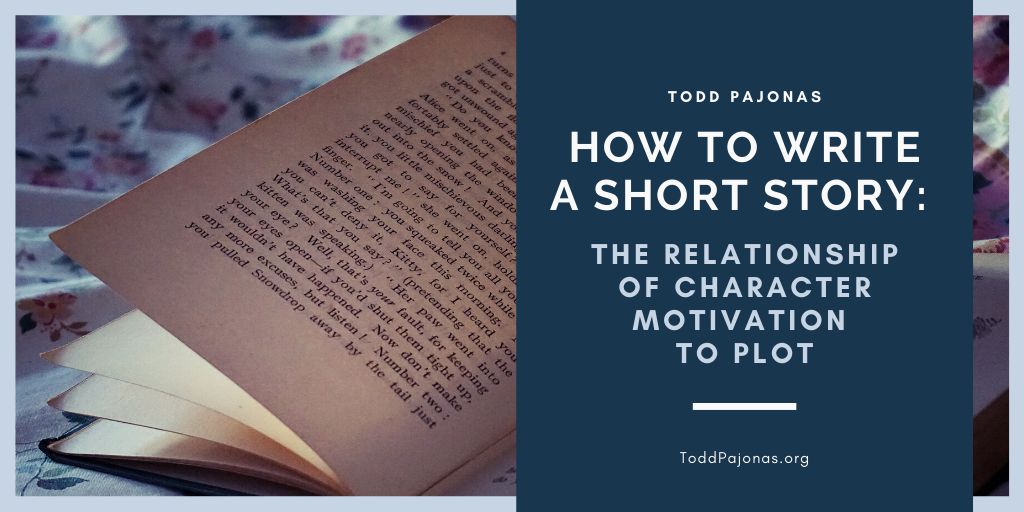For many aspiring writers, the ability to craft an excellent short story is often an essential component of a career in literature. In addition to writing novels, writers like Stephen King, Charles Dickens, and Leo Tolstoy were masters of the short story form. (That mastery took many years and much hard work to develop; for example, Stephen King wrote three novels before he ever got a book published.)
Here are just a few ways to get a handle on the short story, and why understanding the fundamentals of short fiction can lead to big breakthroughs in your writing career.
Understanding Character Motivation
One reason that great short stories by authors like Anton Chekhov or Edgar Allan Poe seem to flow from one plot point to another naturally comes down to the relationship between cause and effect.
This relationship was examined in-depth by “South Park” creators Trey Parker and Matt Stone when the duo spoke to students at NYU in 2014. During this talk, Parker and Stone described what they refer to as the “therefore/but” principle in their writing routine; to wit, this rule states that each action in a work of fiction should be connected by a statement of “therefore” or “but.”
Creating Suspense
In his short story “Survivor Type,” for example, Stephen King presents the reader with a protagonist shipwrecked on a small island. In the world of the story, the protagonist must find ways to survive. This is his motivation. But, the island provides few resources for survival. Therefore, in the grim fashion that we would expect of a King story, the protagonist develops stranger and stranger ways to save their own life.
In most of Stephen King’s stories, there is a similar relationship between cause and effect. If the island-bound protagonist of “Survivor Type” had merely committed random, senseless acts of irrationality with no motivation or need to adapt to the situation, the story would not be particularly compelling. King is a master of expressing intent or motivation as a major component of good plotting.
Why Characters Without Strong Motivation Leave Us Cold
For example, suppose in another story that a protagonist goes to the grocery store. She purchases vegetables. And then she buys a few boxes of cereal. And then she purchases a bottle of wine. Undoubtedly, such a story would bore readers to tears. In this example, there is no “therefore” or “but” to lead one action into another.
Now suppose we introduce a new element to the same story. Suppose that a knife-wielding maniac enters the grocery store: Now things change; the protagonist is motivated to make life-changing decisions. They are motivated to act. In this version of the story, suppose the protagonist attempts to get a child out of the store before a showdown with the maniac occurs. But the maniac sees a movement out of the corner of his eye. Therefore, the maniac begins to chase the protagonist and the child. The protagonist then hides the child behind a vending machine and prepares to confront the bad guy using a broken wine bottle as a weapon.
Getting the Reader Invested in the Story
What a difference cause and effect makes on this story! Already, our plot has become more interesting because the protagonist of the story has motivation. If they do not do something to stop the gunman, innocent people are likely to die. If they don’t think quickly, the protagonist is likely to die themselves. In other words, we have moved on from a series of random episodes to a series of actions that flow organically from one another.
When we write short stories, we should be careful to demonstrate how a character is responding to a particular situation or crisis. This is why we say that fictional stories involve characters: By seeing how someone would act under a specific set of circumstances, we slowly begin to learn about that person’s character. Confronted by a violent maniac, we learn that our protagonist is selfless. We learn that they are brave. We learn that they are probably accustomed to a mundane lifestyle that usually involves buying boring items at a grocery store.
If we do not present a character with a situation involving a decision-making process, that is, we are unlikely to make an impact on our readers. Fortunately, practicing this concept can significantly help a writer to improve their craft. Truly, that is writing at its best!
